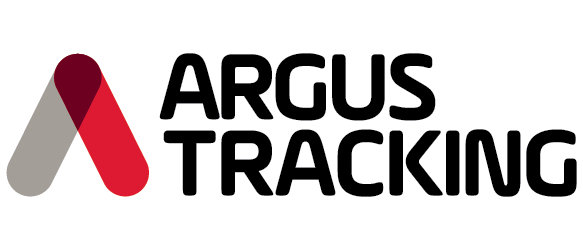Transport Minister Simeon Brown has hinted at a potential shift in New Zealand’s road funding mechanism. While no plans are currently set, Brown has discussed that Electric Vehicles (EVs) will be subject to Road User Charges (RUCs) in 2024.
In this blog post, we’ll explore the implications of implementing EV RUCs in New Zealand and how to navigate this topic in a time of uncertainty.
The Current Landscape of EVs in NZ
As it stands, “light electric vehicles (gross laden weight 3500kg or less) are exempt from RUC until 31 March 2024” - Waka Kotahi, NZ Transport Agency. However, Brown suggested back in September 2023 that the government will not propose to extend that exemption.
“The exemption was put in place until EVs hit around 2% of the light vehicle fleet, and they were now at that point,” Simeon told Stuff.
Key Points for Fleet Managers to Consider
The possible transition to EV RUCs holds both positive and negative implications for future planning among NZ fleet managers, particularly in light of the country’s aim to achieve net zero emissions by 2050.
EV RUC Positives for Fleet Managers
Cost savings for EVs: If the RUCs for EVs are lower than traditional fuel taxes, fleet managers could benefit from lower operating costs for EVs. EVs generally have lower maintenance costs and can be more cost-effective in the long run.
EV RUC Negatives for Fleet Managers
Higher initial costs for EVs: EVs often have a higher upfront cost compared to traditional vehicles. This as well as EV RUCs might be off-putting for some. If the government doesn’t provide sufficient incentives, fleet managers may face financial barriers to transitioning their fleets to EVs.
Transition challenges: Transitioning from traditional vehicles to EVs may require changes in operational processes, training for drivers, and adjustments to compliance practices. This transition can be challenging and result in temporary disruptions.
Uncertainty in RUC implementation: If the government implements RUCs for EVs without clear guidelines or if the charges are subject to change, fleet managers may face uncertainty in budgeting and long-term planning.
Potential impact on vehicle resale value: The market used for EVs may be influenced by the introduction of RUCs. Fleet managers may need to consider the potential impact on the resale value of their EVs.
While EV RUCs are not an immediate reality, the potential change may influence decision-making in fleet procurement, compliance, and overall operational strategies. It’s also important to keep in mind that the actual impact of RUCs for EVs in New Zealand will depend on the specific details of the policy, including the rate of charges, incentives, and any accompanying support measures.
Navigating the Uncertainty
Unfortunately, we won’t know whether RUCs will be implemented for EVs for certain until next year. However, in the meantime, fleet managers should stay attuned to the evolving government policies and prepare for a landscape that could see this change in cost structure and sustainability requirements.
The government’s consideration of RUCs for EVs introduces an intriguing possibility for New Zealand’s transportation funding model. While it’s not a concrete plan, the proposal opens the door to discussions around sustainability fairness and the future of road funding.



